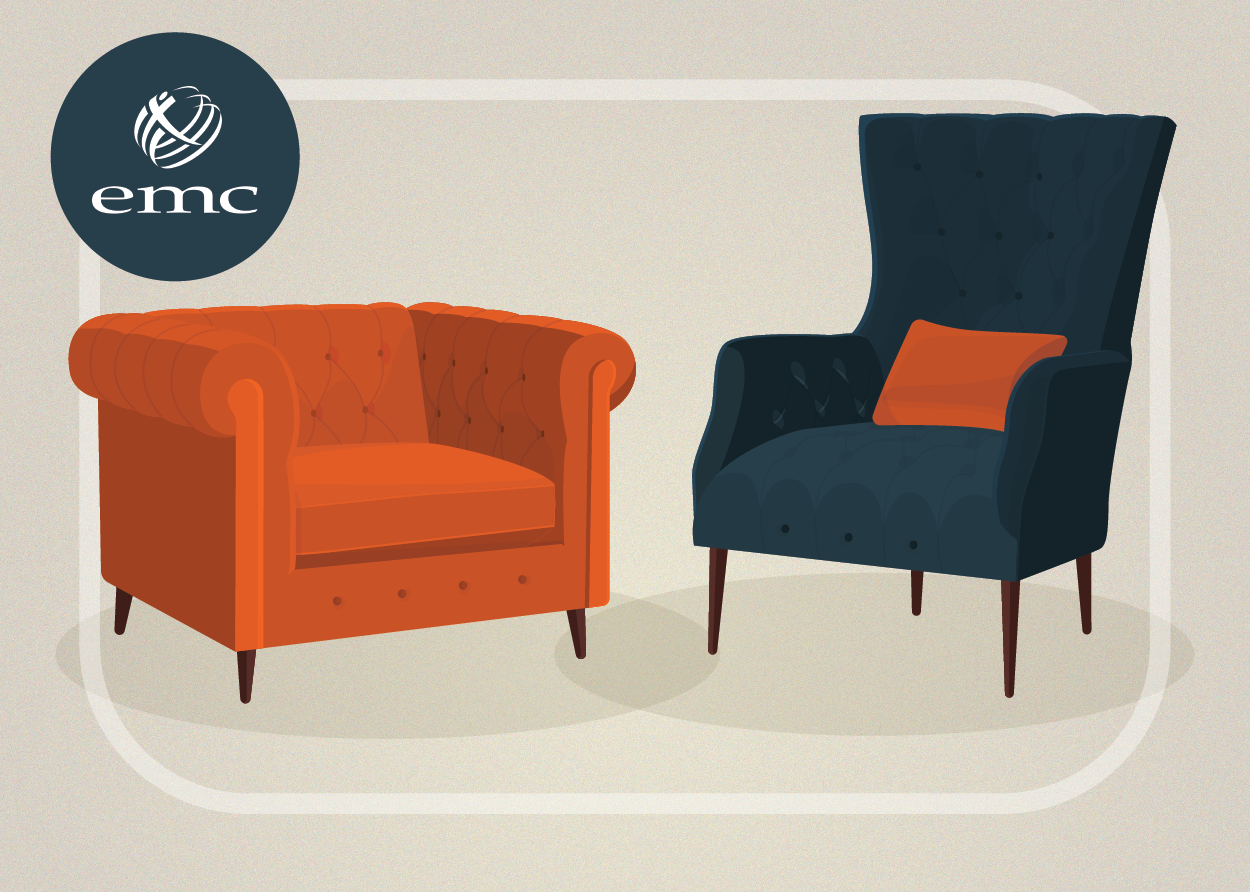Where the Rubber Meets the Road
Listen Now
Our Guests
-
Author of Fire By Night: Finding God in the Pages of the Old Testament and How To Have An Enemy: Righteous Anger and the Work of Peace. Pastor, parent, and pollinator gardner
-
Betty is a Conflict, Change, and Leadership Specialist at Credence and Co., with over 28 years of experience as a coach, mediator, trainer, facilitator, consultant and writer. Betty specializes in working with complex challenges, supporting leaders and their organizations to be at their best. Betty’s capacity to care deeply, listen well, and provide wise and thoughtful support allows her to help her clients engage in tough, meaningful, and important conversations, set directions, and achieve positive organizational change. Betty’s PhD (Free University Amsterdam) considers the intersection between conflict transformation and contemplative spirituality.
-
Dr. Ronald J. Sider was the founder and President Emeritus of Evangelicals for Social Action and was the Distinguished Professor of Theology, Holistic Ministry and Public Policy at Palmer Theological Seminary. He was the author of numerous books, including the Early Church on Killing and the bestselling book Rich Christians in an Age of Hunger. We interviewed Dr. Ronald Sider a few months before his passing in 2022.
Travis, Stephanie, Jennifer and Deborah from Many Rooms Church Community, Winnipeg, Manitoba
Links and Resources
Books
How to Have an Enemy, by Melissa Florer-Bixler
The Space Between Us, by Dr. Betty Pries
The Early Church on Killing, by Ronald J. Sider
Rich Christians in an Age of Hunger, by Ronald J. Sider
Nonviolent Action: What Christian Ethics Demands, but Most Christians Have Never Really Tried, by Ronald J. Sider
If Jesus is Lord, by Ronald J. Sider
Music
First Communion, Dane Joneshill
(Spotify | YouTube Music)
Deluge, Scott Hiebert
(Bandcamp)
Notable Quotes
Real-World Examples of Loving Your Enemy
The obvious example is Martin Luther King Jr. It's utterly amazing. He was fighting white racism that was violent and vicious. And as he marched, his people faced dogs and water cannons and jail. But all through that he insisted we don't use violence, we love even our enemies, and that's an utterly amazing example and implementation of Jesus’ call to love our enemies. ~ Dr. Ronald J. Sider
There are examples again and again and again of people daring to risk their lives to love their enemies, but to defend justice and peace in a nonviolent way. And again and again, it's worked. Not always. Tiananmen Square resulted in a lot of massacres, but it frequently works. ~ Dr. Ronald J. Sider
It's not my job to fix the conflict between two other people but to try not to take a side and love both. ~Stephanie
Slow miracles are miracles, we’ve seen them. ~ Jennifer
One of the examples of this that I think about is the Quaker community in Fayetteville, NC, not too far from us here in Raleigh, NC. That is a community that moved to that place in order to assist veterans who had been psychologically damaged in war and to help them to get benefits, to get the healing that they need, to find places where they could worship that were attentive to the PTSD that may accompany what they did as part of this trauma. … I've learned a lot about what it means to be both a pacifist and someone who is committed to breaking apart the systems of militarized violence that actually harm every single one of us – the people who perpetuate that harm by participating in wars, and the people who are victims of violence, especially the US's intractable position on world affairs. ~Melissa Florer Bixler
I've seen lots of websites and videos dedicated to showing how people have loved the aggressor after a war, someone who murdered their child and so forth. And those are really moving stories, and I wonder, we go to these, we go to these viewings of these videos, we go on these websites, we see these things, it’s great. But I don't necessarily see that being translated into how we love our much more mundane enemies, people at work or at church or in the family who have done some kind of harm to us. ~Dr. Betty Pries
What Are Some Practical Ways We Can Show Love to Our Enemies?
One important thing that I think we can do is we can start talking seriously about power in our communities, that every time we're talking about loving our enemies, we're also doing a power assessment. In this situation, who is being asked to bear the weight of unity? Who's actually been harmed? How have both parties participated in harm? How is this part of a larger system? ~Melissa Florer Bixler
When we spend time in prayer and meditation, it's like going to the gym for our souls. It becomes hard to love our enemies if we aren't spending time in quiet, really listening for God's presence. ~Dr. Betty Pries
One of the things that we know is that even if it makes no sense to me, there's a reasonable reason behind the other person's unreasonable action. ~Dr. Betty Pries
But the really significant stuff in so many ways happens in the day-to-day. It's not glamorous, it's kind of boring. It's rote, but actually, those rhythms that we establish in those places in the mundane are going to characterize how we respond in those big moments, too. And the same sort of principles that are brought up here, things like humility and curiosity, and forgiveness and an awareness of how the power lies in different situations, those sorts of principles apply just as significantly to those big heroic moments as they do to the very simple things in our lives. ~Jesse Penner
The brain cannot do these two things at once. It cannot both, at the same time, be condemning of something or someone while also being curious. ~Kevin Wiebe



